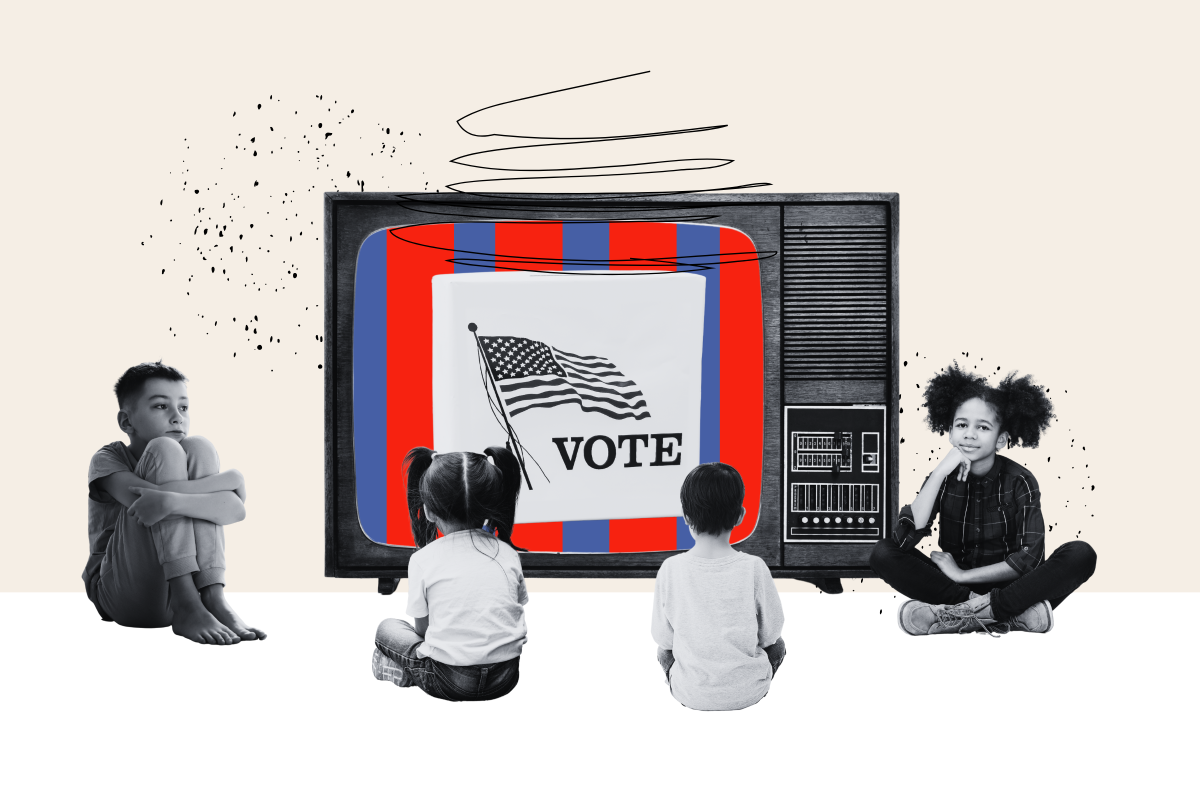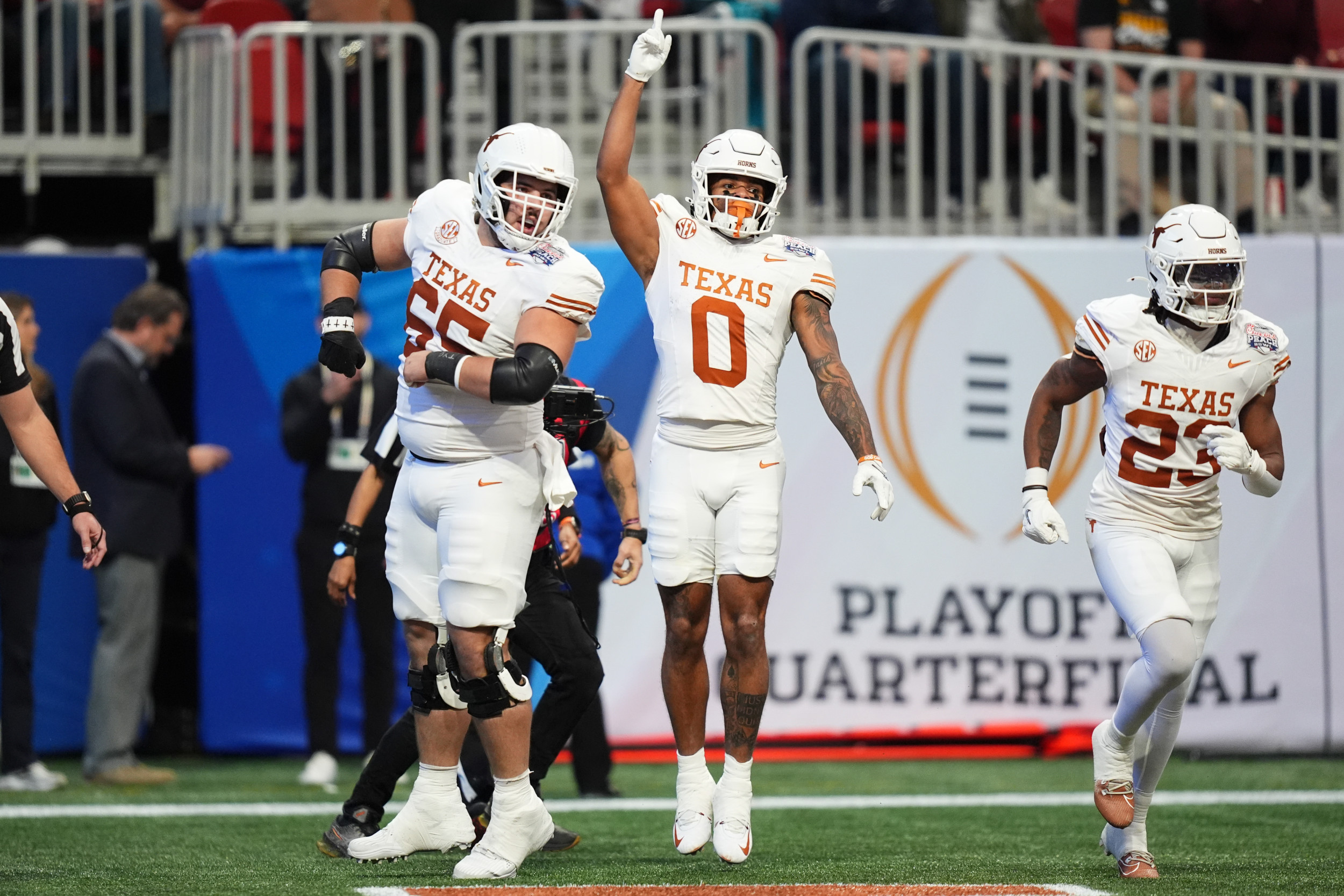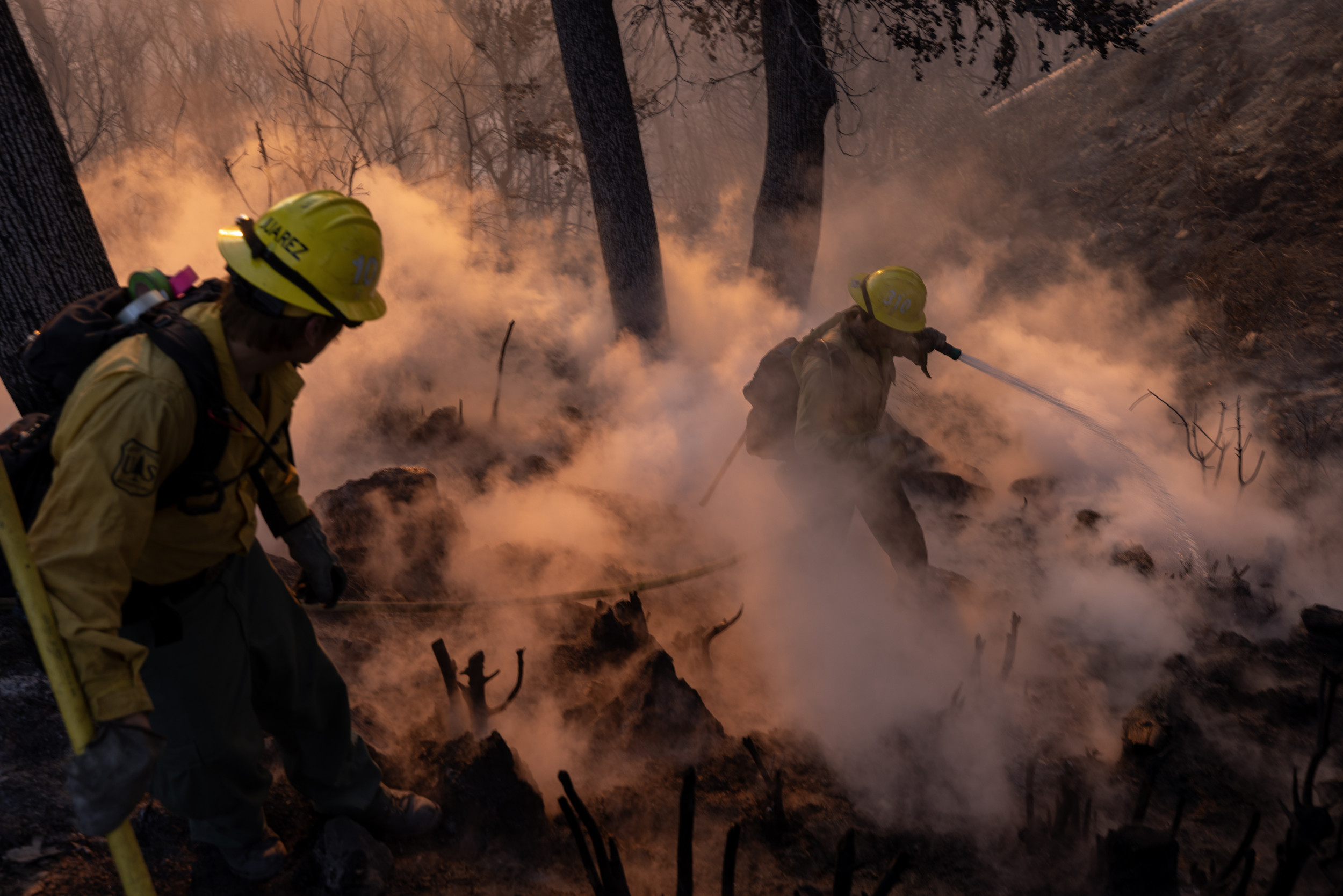After one school announced this week that students who feel too distressed by the presidential election results will be allowed to skip classes, a political scientist has shared tips for talking to kids about election stress.
As well as letting overly stressed-out pupils skip class on Wednesday, the Ethical Culture Fieldston School, a private institution in New York City, is also avoiding assigning homework on Election Day, providing counseling, and offering reading materials to help kids discuss election-related worry.
The school's decision seems to reflect youth concerns. Google Trends data showed a 208% surge in searches for "U.S. election stress and sleep" over the past week, while TikTok, which generally attracts younger users, has 21.8 million posts on "anxiety about the election," highlighting how deeply political uncertainty can affect emotional well-being.
Newsweek spoke to Susan McWilliams Barndt, a politics professor at Pomona College, in Claremont, California, about how parents can handle conversations with their children about political distress at home.

McWilliams Barndt explained that children know elections are important, but they often don't understand the full context.
"Today, when political rhetoric is so extreme, children might really worry that World War III is around the corner," she told Newsweek.
McWilliams Barndt said that kids are also highly perceptive of adult emotions: "If they see adults—especially the adults who keep them safe—panicking, they can spiral."
Parents should be on the lookout for signs of political anxiety, she said. This could manifest in nightmares or a child having trouble sleeping.
"The best tell that your child is worried about politics is that they ask you to turn off the news or stop scrolling newsfeeds," McWilliams Barndt, who is also a mom, told Newsweek.
Tailoring conversations around election results distress to a child's developmental stage can work in parents' favor, she said.
Kids in elementary school needs a focus on reassurance, McWilliams Barndt said. "Especially when the world feels uncertain, children need to be certain that they are cared for and loved."
She advised offering perspective to children in middle school, explaining to them that there is a difference between a campaign and a government.
"Not everything a candidate promises will happen, so while it might be right to worry, there is no reason for panic," McWilliams Barndt said, adding that it was important to maintain normal routines for middle-schoolers.
"Middle-schoolers need to be talked off the emotional ledge that social media puts them on," she said.
For older kids, action can be empowering, as they're old enough to be proactive and join a local organization that supports the causes they're passionate about. "That way, they can put their negative feelings to positive action," McWilliams Barndt said.
She said it was important for parents to manage their own reactions constructively, as everyone has the right to cry or yell when the world makes them angry or sad.
Parents can own their emotions, rather than the other way around. McWilliams Barndt advised saying something like: "I'm angry about the outcome of this election, so I'm going to yell at the TV for a bit, but I won't be angry and yelling forever."
Ultimately, McWilliams Barndt said that people don't always get the outcome they hoped for. "Part of being a human being is learning to face disappointment, to accept loss, and then to get up in the morning and keep trying for the world you want to live in," she said.









![[SEE IT] Joakim Noah Opens Up About Rivalry with LeBron: ‘I Had Enough’ of His ‘Arrogance’”](https://thesource.com/wp-content/uploads/2025/01/Screen-Shot-2025-01-10-at-2.57.18-PM.png)

![[WATCH] Jim Jones Sees Drake’s Legal Moves Against UMG and Spotify as ‘Power Moves’](https://thesource.com/wp-content/uploads/2025/01/Screen-Shot-2025-01-10-at-2.46.43-PM.png)








 English (US) ·
English (US) ·